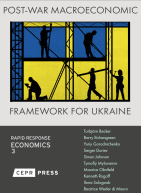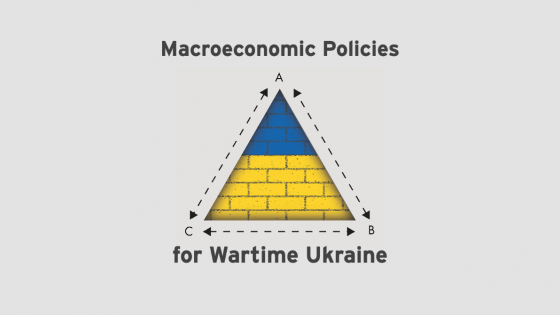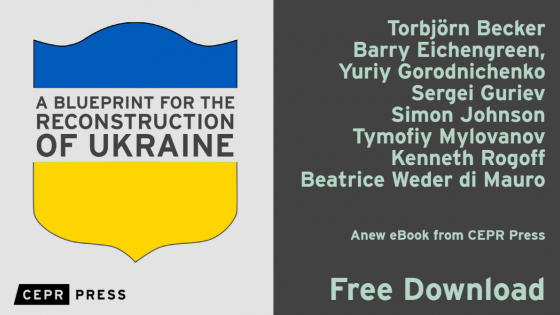The report highlights the significance of sustainable public finances, sound monetary policy, a predictable and fair regulatory framework, and flexible labour markets as the cornerstones of successful reconstruction. The authors outline how the policy mix must work together to deliver a stable macroeconomic environment that enables the efficient allocation of resources, fosters sustainable economic growth, supports human capital development, attracts foreign direct investment, facilitates technological advancements, and contributes to various aspects of the reconstruction process.
Undoubtedly, the challenges ahead are immense. Despite significant foreign aid, Ukraine's public finances will be strained due to limited tax revenues resulting from a shrinking economy and reduced labour force. Large spending demands to cover essential public services, social support, security concerns and rebuilding infrastructure will further exacerbate the fiscal gap. While international aid and frozen Russian assets can partially address this shortfall, additional measures are imperative to ensure sustainable public finances.
To mobilise revenues, the government is advised to seek deep debt relief, close loopholes, broaden the tax base, minimise risks from state-owned enterprises, and pursue privatisation. On the spending side, targeted aid, consolidation of services, pension system reforms, and prudent fiscal policies are recommended. Establishing a fiscal council, expanding decentralisation reform, and advancing digitisation of government services are also seen as essential steps towards a robust recovery.
Regarding monetary policy, the report emphasises the need to return to inflation targeting with a managed floating exchange rate. Additionally, a publicly owned "bad bank" should be established to address non-performing loans and facilitate credit flow in the economy. Capital controls and macroprudential tools are recommended to contain potential risks associated with credit growth, speculative capital flows, and vulnerabilities in the banking sector. It is emphasised that the National Bank of Ukraine should refrain from serving as a development bank during the recovery phase.
The labour market presents its own set of challenges. Millions of workers will need to transition to new jobs after the war, and the government must ensure attractive prospects to draw them back home. Active labour market policies, unemployment compensation, retraining assistance, and comprehensive remedial education programmes can help establish a skilled workforce to support the recovery. Measures should also be taken to monitor the labour market effectively, with high-frequency surveys and databases tracking job vacancies to ensure adequate fluidity.
The regulatory environment in Ukraine requires reforms to enhance efficacy and fairness, while also serving to prepare the country for EU accession. Strategies such as approving EU-issued licenses and adopting European Free Trade Association (EFTA) standards are proposed to help streamline the process and promote transparency.
While the ongoing war makes projections uncertain, Ukraine must commit significant resources to national defence for future deterrence. Assurances such as military insurance and private-public partnerships will be necessary to de-risk investments in the private sector.
In conclusion, this report serves as a stepping-stone for further discussion and research on Ukraine's reconstruction. It emphasises that the successful transformation into a modern country with robust democratic institutions and a dynamic economy lies in the hands of Ukraine and its people. This report aims to contribute to that success.



